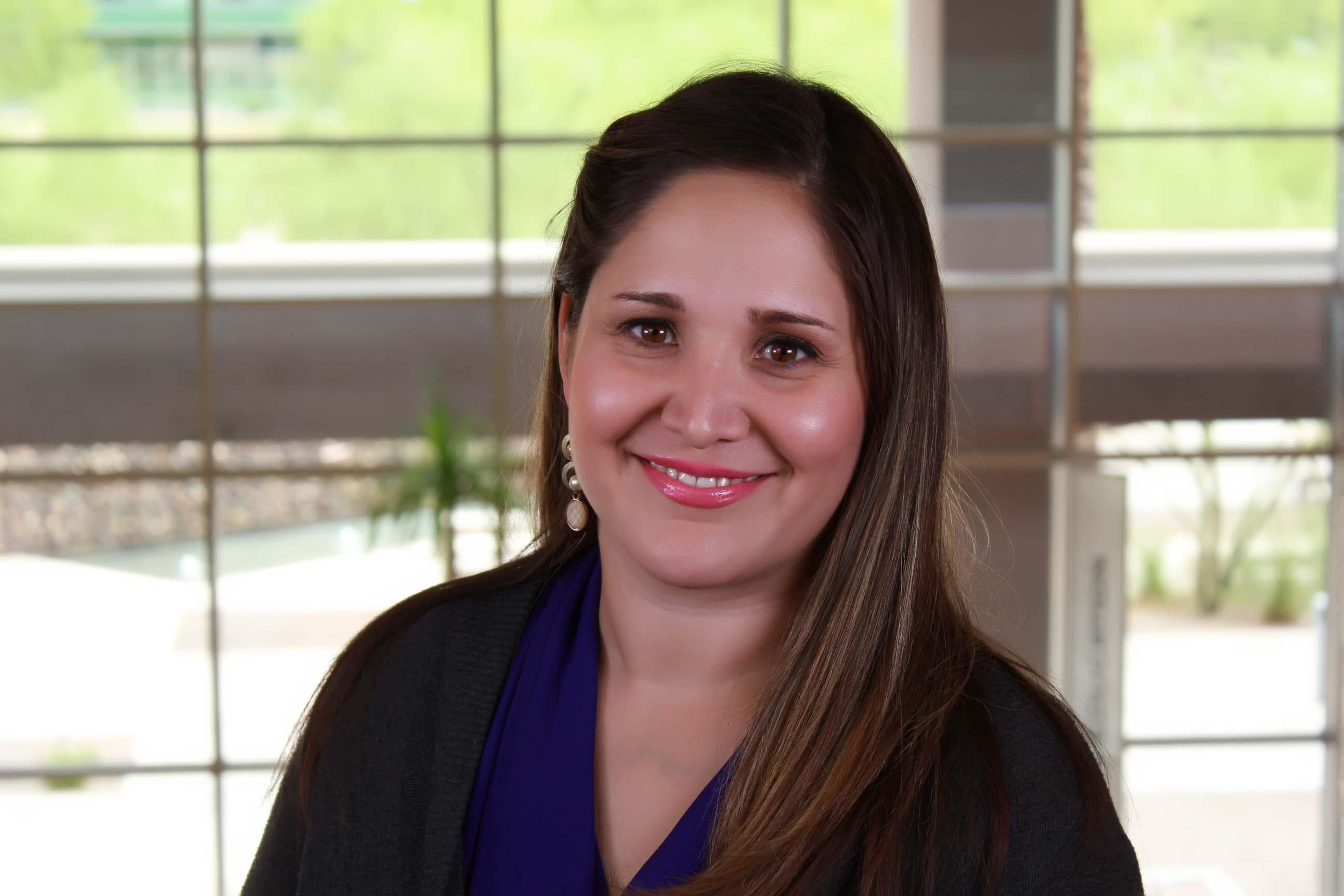Is Short-Term Online Career Training Right for You?
A better future starts here.
Schedule an appointment with an Education Consultant.
Imposter syndrome is a common phenomenon, with 9% to 82% of people in a 2020 medical study experiencing it at some point. As a student, you may feel inadequate despite your academic accomplishments and fear exposure as a fraud. This condition can lead to reduced confidence, low self-esteem and self-doubt. Imposter syndrome in students can ultimately hamper academic performance and personal growth. Luckily, here are a few practical tips to overcome imposter syndrome as a student and achieve your goals.

Don’t Target Perfection
One of the primary reasons for imposter syndrome is believing you need to be perfect to succeed. However, striving for perfection is often unattainable and unrealistic, contributing to burnout and self-doubt. As a student, accept that mistakes are a natural part of learning and focus on doing your best. Celebrate your achievements or improvement regardless of how minute they are.
Join a Support Community
Joining a support community can also help you overcome imposter syndrome. Talking to others who may have experienced similar feelings will help you realize that you are not alone in your struggles. Knowing that successful students have gone through the same experiences and overcome their doubts can be an inspiration.
Sharing your feelings also reduces loneliness and invites others to share what you think about your potential. Pick a trusted individual who doesn’t necessarily have to be your peer to minimize comparison. An empowering community or space can provide you with the support, validation and empathy needed to navigate imposter syndrome as a student.
Learn About Imposter Syndrome and Identify Its Symptoms
Like other negative emotions, learning about imposter syndrome and recognizing its symptoms can help you overcome it. A few symptoms you may experience include
Fear of being viewed as a failure
Feeling unworthy of the teacher’s attention
Holding back from achieving your full potential
Downplaying your achievements
Attributing luck or reasons other than hard work to your achievements
In addition, although anyone can experience imposter syndrome, some factors increase the risk like
Being part of a marginalized population group
Growing up alongside a gifted sibling
Having anxiety or depression
Experiencing a new challenge or recent success.
Once you recognize the distortions and chances of developing imposter syndrome as a student, you can take measures to overcome it.
Focus on the Micro
As a student, there are plenty of tasks to complete that may overwhelm you. Breaking down your goals into smaller, more manageable steps can help you feel less overwhelmed. Focusing on the micro and taking things one day at a time can help improve your confidence. Celebrate each small win and use them as motivation to continue moving forward.
Make Healthier Comparisons
Making healthier comparisons can also help you overcome imposter syndrome. Comparing yourself to others can lead to feelings of inadequacy and self-doubt. Instead, compare yourself to your past self. Look back at how far you have come and celebrate your achievements. In addition, remember that many successful people have had failures and rocky beginnings.
Consider Working with a Support Mentor at MedCerts
Imposter syndrome is a significant obstacle for students but is manageable. You can use practical tips such as letting go of perfectionism, joining a support community, learning about imposter syndrome, focusing on the micro and making healthier comparisons.
In addition, speaking with an expert can also help overcome imposter syndrome. At MedCerts, we have Student Success Advisors you can talk to and navigate your feelings. With our tutelage, you can gain the necessary tools and support to overcome doubts and fears.
Topics
Julie Campos is the Vice President of Student Success and Career Services at MedCerts. She brings over 14 years of experience in Online Higher Education in both Student Support and Enrollment and started her career at the University of Phoenix, serving most of her tenure as a student-facing leader.
Julie has her Bachelors of Liberal Arts in Political Science from the University of Texas at El Paso, and her Masters in Business Administration from the University of Phoenix. Her areas of expertise are student support in online higher education environments and working with nontraditional students. At MedCerts, she is focused on creating a pro-active student central support model for MedCerts students to reach their goals and has developed the MedCerts Student Support and Outreach Model, created MedCerts Student Success Advisor reports and Dashboards, as well as the Student Success Advisor Playbook. Her proactive approach to student support has been crucial in meeting MedCerts’ student’s needs, as well as completion and certification goals.
Julie has three children – a 10-year-old son and 12- and 4-year-old daughters, who keep her and her husband busy with sports. She is also an avid crafter with an entire room of her home dedicated to the hobby. In her free time, she enjoys teaching wreath making and even has a few “how-to” YouTube videos on the subject!









 Chat Online
Chat Online 800-734-1175
800-734-1175